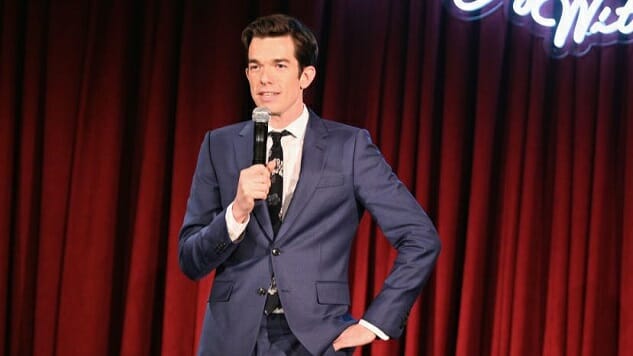John Mulaney Stopped Working with Louis C.K.’s Former Manager Dave Becky in 2017
Photo courtesy of Getty Images
John Mulaney has revealed in an interview with Vulture that he stopped working with Dave Becky in late 2017. Today’s interview marks the first time Mulaney has talked about this decision, and it also makes Mulaney perhaps the biggest name in comedy to have fired Becky, who was accused of enabling Louis C.K.’s history of sexual misconduct in November 2017.
-

-

-

-

-

-

-

-

-

-

-

-

-

-

-

-

-

-

-

-

-

-

-

-

-

-

-

-

-

-

-

-

-

-

-

-

-

-

-

-








































